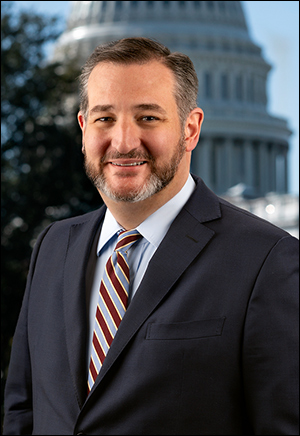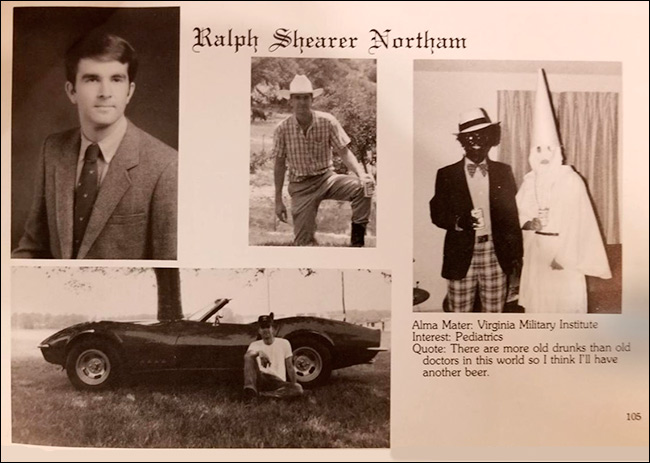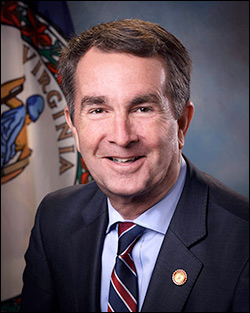By Jim Ellis — Thursday, Dec. 15, 2022
President
USA Today Poll: DeSantis’ Big Lead Suspect — Suffolk University, polling for USA Today (Dec. 7-11; 1,000 registered US voters; 374 likely Republican primary voters; live interview) finds Gov. Ron DeSantis (R-FL) leading both President Biden and former President Donald Trump in their latest published survey.The general election data that finds DeSantis leading President Biden, 47-43 percent, is the more legitimate number. The Republican primary result, which tested only 374 individuals nationally and shows DeSantis holding a huge 56-33 percent advantage over Trump, should be discarded because it is not statistically sound.
The Morning Consult organization also released a survey, this with a much greater sample size (Dec. 9-11; 4,215 self-identified Republican voters; online) and arrived at an opposite conclusion vis-à-vis the hypothetical Republican nomination battle. Including many candidates, Morning Consult finds Trump holding a 49-31 percent lead over Gov. DeSantis, with former Vice-President Mike Pence recording eight percent. All other candidates posted a preference factor of two percent or less.
House
CO-3: Recount Confirms Rep. Boebert’s Victory — The mandatory recount in Colorado’s 3rd District is complete, and the final tally confirms Rep. Lauren Boebert’s (R-Silt) close victory over former Aspen City Councilman Adam Frisch (D). The recount changed only four votes to the original tally, thus making Rep. Boebert’s margin of victory 546 votes. Frisch had conceded the election weeks ago, but Colorado election law mandated the recount because the two candidates were separated by less than half a percentage point. The Democratic nominee says he is open to seeking a re-match in 2024.
VA-4: Dems Schedule Rapid-Fire Special Primary — Gov. Glenn Youngkin (R) calling a Feb. 21 special congressional election to replace the late Rep. Donald McEachin (D-Richmond) has spurred the local 4th District Democratic committee to call a very quick “firehouse primary.” A Virginia “firehouse primary” is a term given to a primary election that has very few polling places. Gov. Youngkin’s order set Dec. 23 as the deadline for choosing party nominees.
The Democratic nomination battle, which will likely determine the next congressional member, is now scheduled for Dec. 20, giving the candidates only a week to campaign. The leading contenders are state Sens. Jennifer McClellan (D-Richmond), Joseph Morrissey (D-Richmond), and Delegate Lamont Baxby (D-Richmond). Republicans have yet to determine their nomination process.
Cities
Chicago: Rep. Garcia Leads Mayor’s Race in Union Poll — Though the poll is just about a month old, the International Union of Operating Engineers Local 150 just released their Impact Research study of the impending Chicago mayor’s race. The survey (Nov. 10-17; 700 likely Chicago local election voters; live interview and text) found US Rep. Jesus “Chuy” Garcia (D-Chicago) leading Mayor Lori Lightfoot 25-18 percent within a field of nine candidates. The data suggests the two would advance to an April 4 runoff election from the non-partisan Feb. 28 election.
In the hypothetical runoff, Rep. Garcia would lead Mayor Lightfoot by a whopping 55-25 percent margin. The controversial mayor posts very poor job approval ratings, with 68 percent disapproving of her performance in office. She received positive ratings only from the black community, and even there registered just a 50 percent favorable score. A total of 84 percent of white voters and 72 percent of Hispanics disapprove of how she has handled her mayoral duties.







